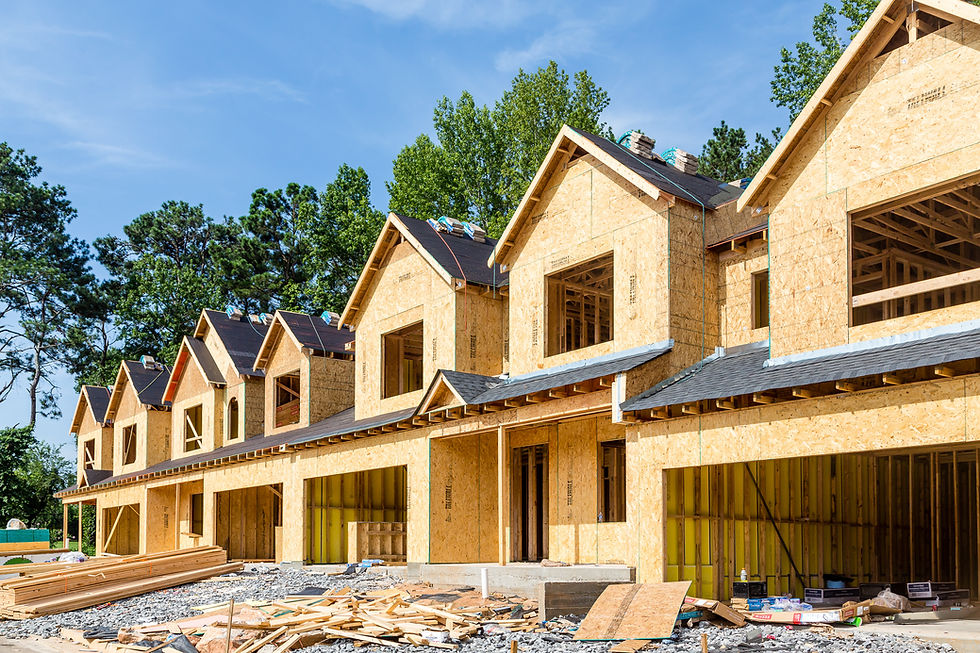
It’s a new year, which means a new legislative session is underway. Our leaders in Augusta made great strides last year to make healthcare accessible and affordable, ease the strain on renters and homeowners, and ensure that workers have the resources they need and deserve as we continue through the pandemic.
But there is still a great deal of work to be done in the year ahead. Here at Mainers for Working Families, we’re setting our sights on three critical legislative priorities:
Developing and executing a statewide Paid Family and Medical Leave program: Following the creation of Maine’s Commission on Paid Family and Medical Leave, Mainers are looking forward to a statewide solution that will ensure nobody has to choose between earning a paycheck and caring for themselves and their loved ones. As members of the Maine Paid Leave Coalition, we insist that this program must be universal and 100 percent public, fully protect jobs and wages, and make sure that every Mainer who can access these benefits pays into the system.
Expanding health insurance benefits to every Mainer who needs them: LD 1390, carried over from last session, would ensure that uninsured Mainers have the support they need to get affordable healthcare coverage. By requiring state income tax forms to ask filers if they and/or others in their household are uninsured, officials can determine their eligibility for MaineCare or any of the other healthcare plans at CoverME.gov, the state’s new public insurance marketplace and help the filer enroll.
Securing our elections: Maine remains one of the most voter-friendly states in the country, and the state’s laws account for many of the problems facing voters and election officials across the nation. LD 1779 would require municipal clerks to keep sealed ballot containers after an election unless the law dictates that they be transferred to some other entity. If the ballots need to be inspected, those authorized to make the inspection would have to hold the ballots in their sole possession in a secure location to avoid ballot tampering. This bill would also prohibit municipal clerks from transferring voting machines to anyone unless directed to do so by the Secretary of State.
We are looking to our leaders in Augusta to do what is right for Maine’s working families during this new legislative session. This means policies that keep us healthy, secure, and moving forward. Mainers for Working Families will continue to fight for these values in 2022 and beyond.



